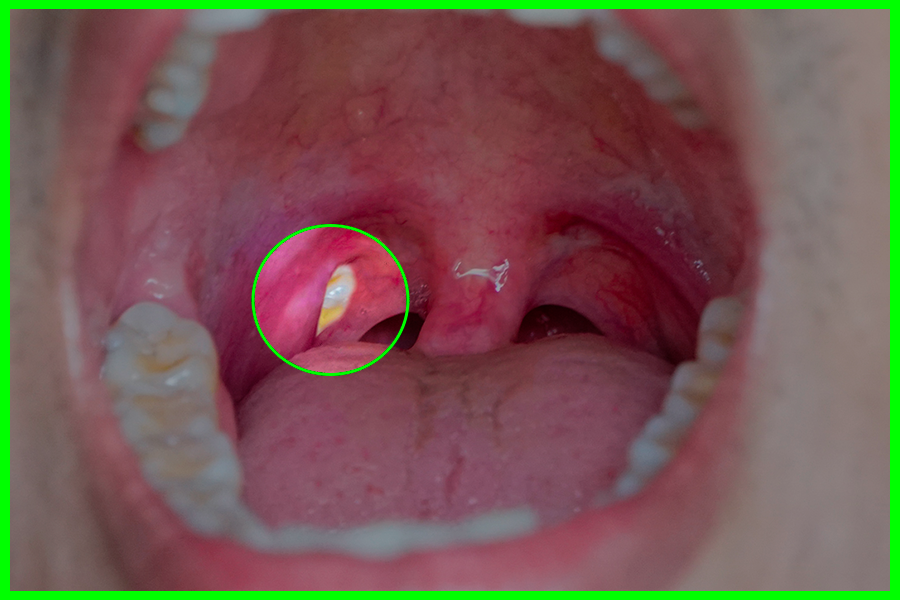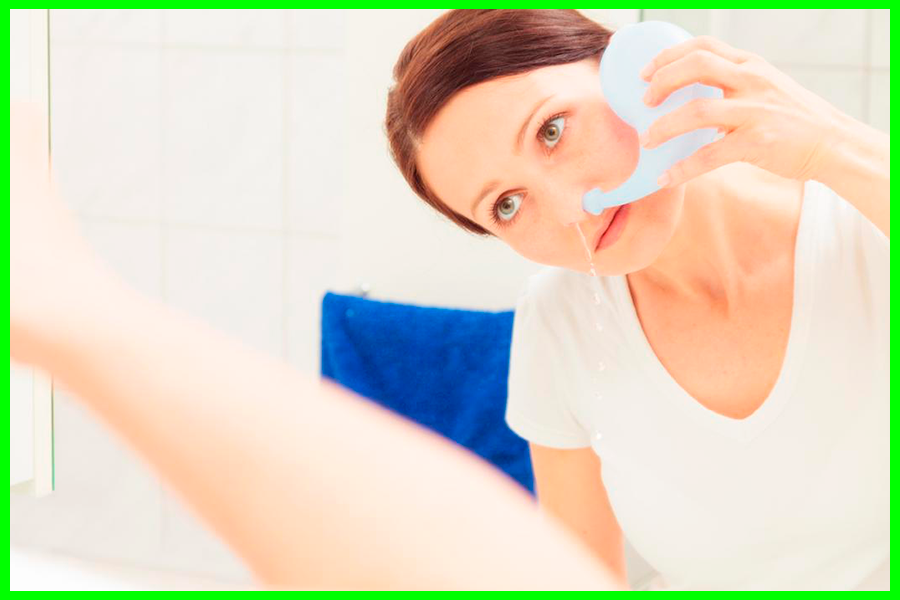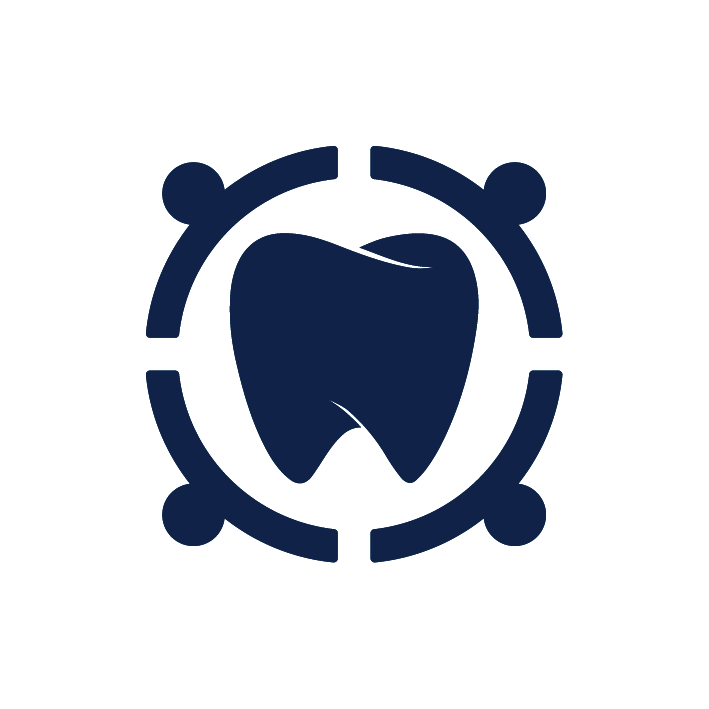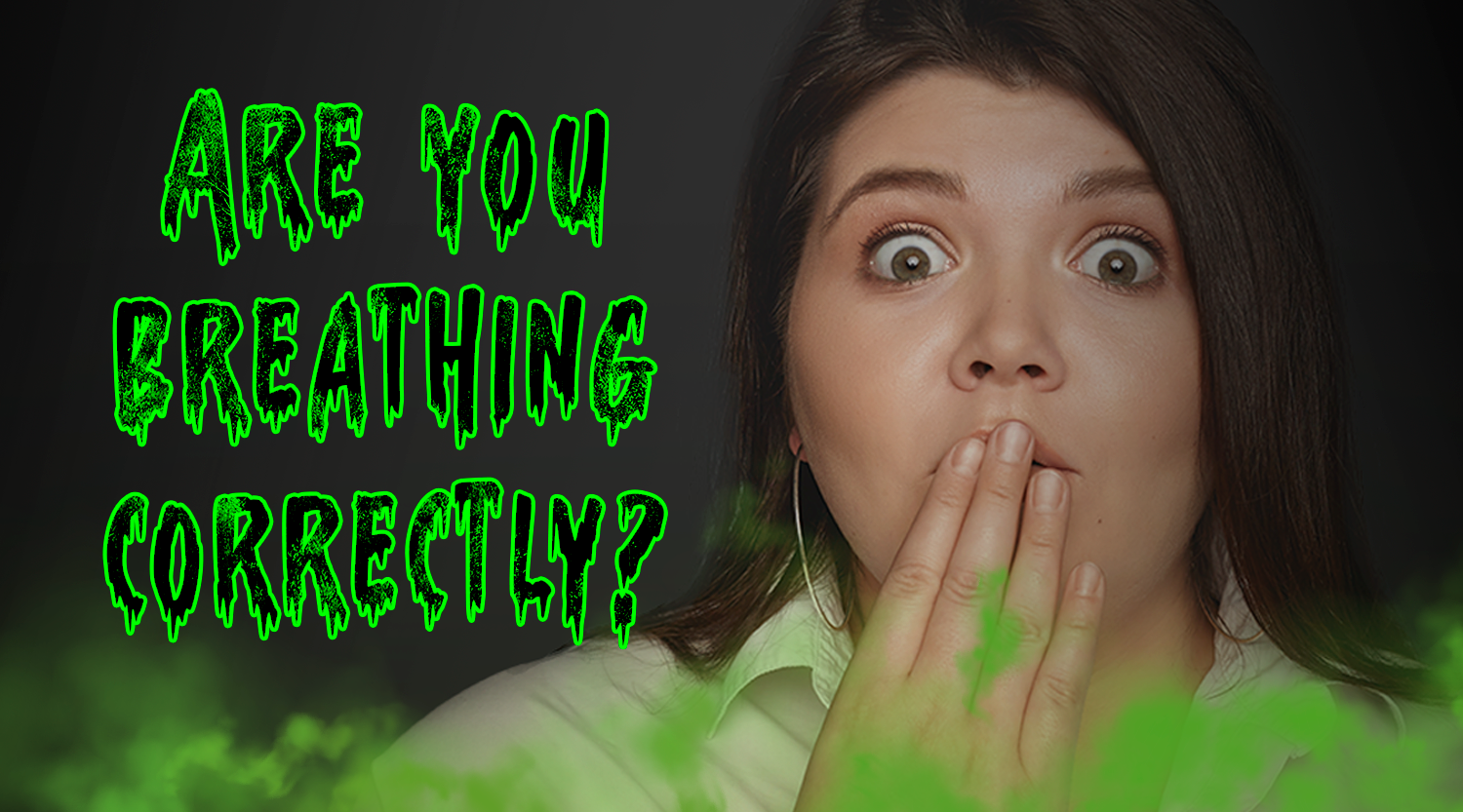Breathing is the most vital human body process because it allows us to get the oxygen we need to live. Despite this, a great majority of people are not doing it correctly.
Your mouth and nose are the two air passages to your lungs, and healthy people use both to breathe.
You may breathe via your mouth during severe exercise to assist oxygen reaches to your muscles faster. Still, mouth breathing regularly (especially while sleeping) can cause various health problems.
So, what is mouth breathing, how is it diagnosed, and how is it treated?
What Is a Mouth Breather?
Many doctors believe that humans are born with the ability to breathe through their noses. The abdomen softly extends and contracts with each expiration and inhalation during “regular” breathing.
Breathing is regular, silent, and, most crucially, through the nose, with little effort required. This allows an individual’s nasal passages to moisten and warm the air they need to inhale.
Some people, however, breathe primarily via their mouths, which is known as mouth breathing. It’s usually loud, moves faster than usual, is punctuated by sighs, and involves noticeable upper chest motions.
Some people breathe nearly entirely through their mouths, while others may have a medical condition (such as sleep apnea) that causes them to breathe largely through their mouths at night.
Mouth breathing is usually divided into three categories:
Obstructive:

Adenoids (a patch of tissue high up in the throat, immediately behind the nose) or a badly deviated nasal septum is frequently connected with this (The nasal septum splits your two nostrils and separates the right and left airways of the nasal cavity).
Habitual:

This type of over-breathing occurs when a person’s mouth is substantially larger than their two nostrils, putting a strain on the respiratory system.
Anatomic:

A malformation in the airway channel and improper breathing can result in postural difficulties and sleep apnea.
Are You a Mouth Breather?
It’s difficult to tell if you breathe via your mouth, especially if it happens at night. These are some of the signs that you may have developed a habit:
- Snoring
- Breath problems
- Dry mouth
- Hoarseness
- Chronic fatigue
- Sleep disorders
- When you wake up, you feel exhausted and grumpy
If this describes you, speak with your doctor. There isn’t a straightforward test to diagnose it, but your doctor can perform a series of tests to see if you’re breathing through your lips.
Causes of Mouth Breathing
Various circumstances can cause mouth breathing, but the most common cause is a closed (or partially or entirely blocked) nasal airway. Something is, in essence, obstructing the smooth passage of air into the nose.
If this occurs, our bodies will instantly turn to the other source of oxygen, which is our mouths.
Anxiety and stress can induce people to breathe through their mouth rather than their nose when the sympathetic nervous system is activated, resulting in shallow, fast, and irregular breathing.
Other diseases, such as sleep apnea, can cause you to breathe through your mouth while sleeping. When you have a sleep apnea episode, you stop breathing.
This causes your brain to panic, which causes you to snore loudly while your body seeks air. These experiences may lead to a habit of mouth breathing to ensure that your body receives enough oxygen.
How to Stop Mouth Breathing
You can try these solutions to stop mouth breathing:
Practice

Remember to breathe through your mouth. But it’s unlikely that your inability to breathe effectively is due to a lack of understanding about recommended respiratory procedures. Rather, your issue will most likely be putting the method into practice. However, the only way to succeed at anything is to practice.
Clear Your Nose

Even if it appears to be clear, many people breathe through their mouths because their noses are obstructed. Use a nasal wash or turmeric to clear any obstructions in your nasal passages.
Reduction of Stress

When you’re stressed, you rush to take a breath. As a result, you’re more prone to forget to take deep breaths with your nose in stressful situations. Stress reduction improves your breathing regardless of whether you need to consult a doctor or adjust your environment.
Get Large Pillows

If you have trouble stopping breathing through your mouth as you fall asleep, consider changing the height of your head concerning the rest of your body. Invest in a thicker-filled cushion for your head.
Exercise

Regularly exercising on a daily journey or run will enhance your demand for deep breathes, and your nose will naturally steal your breath away.
Do you want to learn more about nasal breathing? For additional information, give us a call!




Leave a Reply